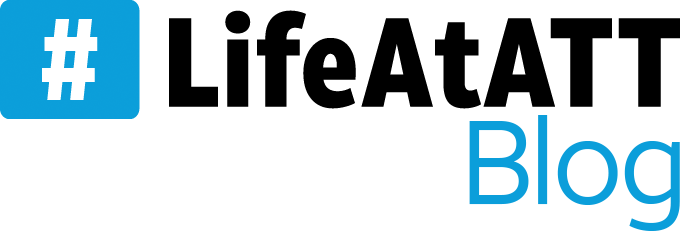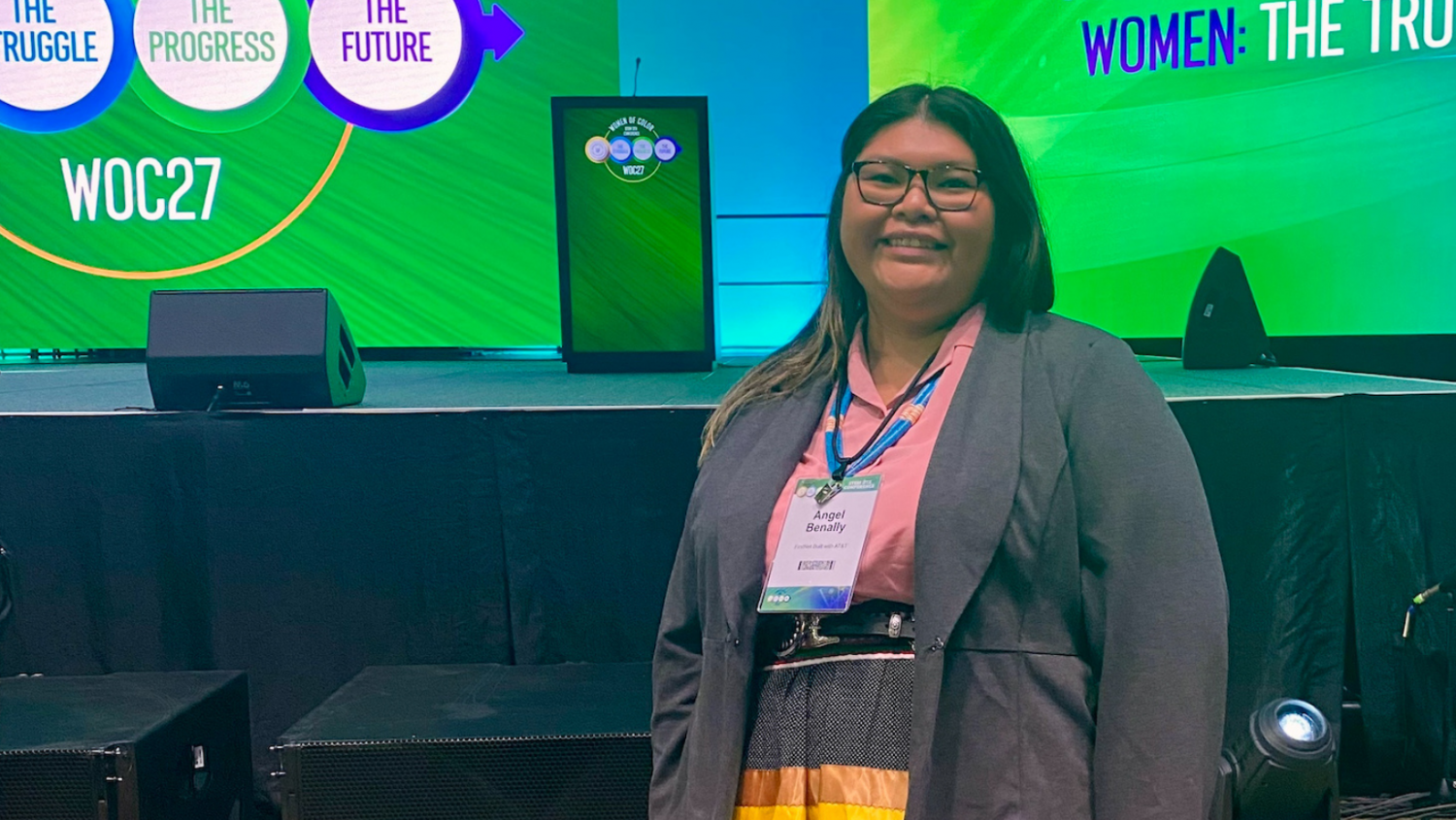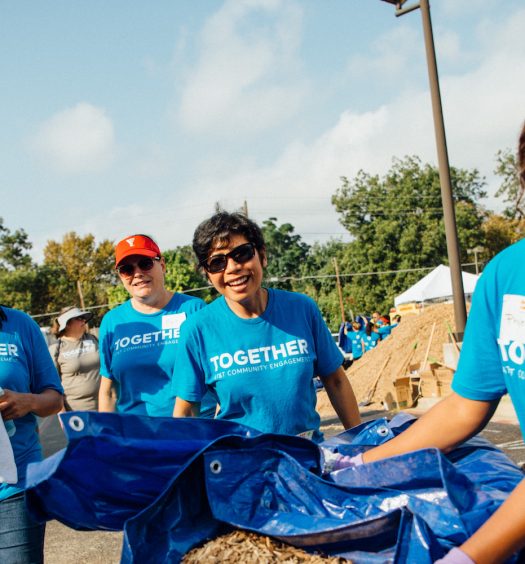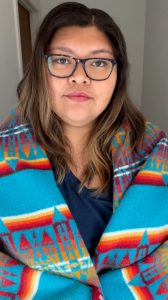 It takes many of us a long time to figure out who we are and which of our dreams are worth the risk of pursuing. The real work though, is being true to yourself while you navigate how to make your chosen life a reality. Angel Benally is doing just that with enthusiasm and the demeanor of a person with their feet firmly planted and eyes focused on the future she’s helping to build.
It takes many of us a long time to figure out who we are and which of our dreams are worth the risk of pursuing. The real work though, is being true to yourself while you navigate how to make your chosen life a reality. Angel Benally is doing just that with enthusiasm and the demeanor of a person with their feet firmly planted and eyes focused on the future she’s helping to build.
It would have been incredible to meet Angel in person, near where she lives, on the reservation she calls home. Seeing firsthand the life she treasures. A member of the Diné (Navajo Nation), she said “what people don’t see with Tribal Nations and people like me is that we’re resilient, we’re story keepers and we care about our community members and we care about the environment and the land. It is a different type of world that I’m a part of that not many people understand. I wouldn’t give up living on the reservation for anything.” It is a testament to the vivid picture she paints that our phone call would leave me knowing I was given a quick peek into the life of a person who has just kicked off a career we should all be paying attention to.
“It is a different type of world that I’m a part of that not many people understand. I wouldn’t give up living on the reservation for anything.”
After graduating from Fort Lewis in Durango, CO, Angel felt like she had exhausted all her options there, but she knew what was next for her. “I wanted to branch out and I knew I definitely wanted to go to DC. That’s where NAPLP (Native American Political Leadership Program at George Washington University) is. It turns out NAPLP is sponsored by the AT&T Center for Indigenous Politics and Policy (AT&T CIPP). I had no idea. After a few months in the program, the director of NAPLP approached me, she said, your internship supervisor and your professors have recommended you, would you like to intern for AT&T? Of course I would!”
With a newly cemented internship on the FirstNet team – Angel got an up-close view of how FirstNet is working together with Tribal leaders to increase public-safety broadband coverage and seek opportunities to increase the number and provision of deployable cell sites at the right time and place when they’re needed in an emergency.
“I was placed with the FirstNet team with two other interns who were also Native, we made a really great team. I think the success of the experience was really being placed with other individuals who were change makers, but also indigenous as well. I took everything, I leaned in, I wanted to squeeze out as much experience and knowledge as I could from the internship. I learned a lot – policy making and decisions and how that effects the industry, trying to read briefs from Senate hearings to see how that would affect our program. Trying to understand how many Tribal Nations are FirstNet users, it was the best experience I’ve had.”
“When you start interacting with Tribal governments and leadership, it is understanding, fundamentally, that the values are very different.”
“In Native American communities, Indigenous communities, we have a different value set than an industry, than dominant culture in a company. When you start interacting with Tribal governments and leadership, it is understanding, fundamentally, that the values are very different. When I go to Tribal engagement meetings, I am not just trying to talk about FirstNet service to a Tribal Nation that’s struggling with being able to access internet, it is understanding that some of the people in that community are struggling to access clean water and electricity. I need to thoughtfully engage without being disrespectful. Having people like me in those situations and being able to relate and have an authentic connection is very important.”
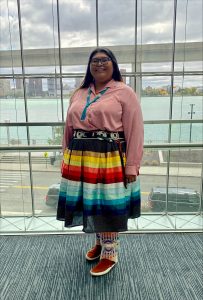
“I am really hopeful to see more Native Americans at AT&T. It’s something to look forward to, indigenous people have a wealth of knowledge. Representation matters, and it has been difficult for me to navigate my role because I’m the first in my family to graduate from college and be in a corporate position. I’ve had mentors and it would be meaningful if I had a Native person in that role.” Bringing that to life means ensuring equal access to needed technology and “we need to understand the digital divide is real and there are hidden barriers that other people may not see that people like me can see,” she said.
Including and lifting advocate voices in decision making brings thoughtful progress, understanding and celebration of the differences that make us stronger. Angel Benally is poised to do just that.
In 2022, Angel was recognized at the Women of Color STEM DTX Conference where she received the Technology Rising Star award. The conference was an opportunity to interact with other difference makers, celebrate all she has accomplished so far, and all the incredible accomplishments yet to come.
Learn more about Diversity, Equity and Inclusion at AT&T
